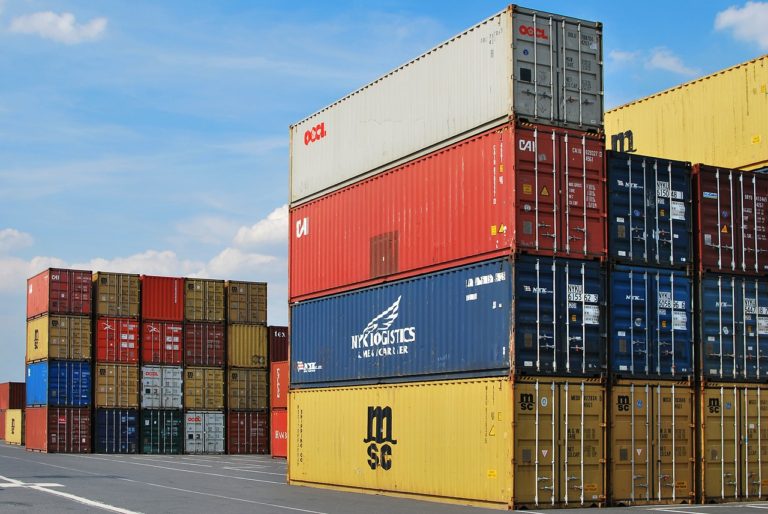Introduction
For decades, Mexico’s unions have been a source of political instability. Nevertheless, labor unions play an important role in Mexican society by providing workers with representation, bargaining power and certain legal rights. In this article we will discuss: (1) the history of Mexican unions; (2) what types of disputes can be resolved through union mediation; and (3) how to find out if your workplace has a union or not in mexico.
Mexico’s unions have a long, turbulent history.
As you may know, Mexican unions were not always as politically powerful as they are today. In fact, the history of organized labor in Mexico is a long and turbulent one, dating back to the early 20th century.
- Labor unions have been one of the most important political movements in Mexico since then. They’ve also been involved in many violent conflicts with government forces and private companies alike over nearly 100 years of existence.
- Many union leaders have been jailed for their actions on behalf of workers—and sometimes just for being too vocal about their support for leftist causes more generally—but despite this oppression, union activism has continued throughout much of Mexico’s history.
Only a small percentage of workers in Mexico belong to unions.
Only a small percentage of workers in Mexico belong to unions. According to the National Institute of Statistics and Geography (INEGI), 19.5% of Mexican workers were union members in 2015, down from 21% in 2010. The majority of union members are public-sector employees: approximately 36% belonged to a union in 2015, while only 6% were employed by private companies or self-employed persons.
In terms of industries, construction had the highest percentage of employees who belonged to a labor union (29%), followed by agriculture (19%) and manufacturing (15%). According to Trade Union Data Base Organization for Economic Cooperation and Development, as of 2020, Mexico has a 10.3% membership rate of the total workforce. The data sets are not clear as to a true participation rate.
Labor union membership is low in part because it is expensive.
The main reason that so few Mexicans are members of labor unions is because they are expensive. Mexican workers pay union dues, which are used to pay the union leaders, fund benefits for members (such as health insurance or pensions), and lobby lawmakers on behalf of labor interests. These costs add up quickly: one study estimates that the average Mexican worker pays nearly $1,000 per year in union dues.
Union corruption is rampant in Mexico.
Corruption is a serious problem in Mexico. It affects all levels of government, as well as the private sector and media. The educational system is also affected by corruption.
This can be seen in several ways:
- Some labor unions are corrupt and use their power to benefit themselves instead of workers or the general public they claim to represent or protect. This has resulted in strikes that have lasted for months on end, with little progress made toward resolving whatever issue prompted them in the first place.
- In other cases, individual members of organized labor may be so desperate for work that they will agree to unfair conditions just because they need an income regardless how much it hurts them financially—or even physically!
Mexican labor law has been amended to increase union transparency.
In Mexico, labor law has been amended to increase union transparency. Union leaders have been required to file financial documents with the government, which are made public and accessible online. In addition to this requirement, unions must now allow members access to their accounts and financial information by allowing them access to the union’s bank account records and other finances in order for them to be able to verify whether their dues are being spent appropriately.
There are state and federal labor boards in Mexico that regulate unions and handle labor disputes.
There are state and federal labor boards in Mexico that regulate unions, handle labor disputes, and enforce labor laws. The federal system is established by the federal government. Each state has its own autonomous organizations that operate under their own rules.
Labor boards are composed of representatives from the government, labor unions and employers organizations. These three groups oversee all aspects of union activities from hiring policies to collective bargaining agreements. Labor boards are responsible for resolving any conflicts between workers or their employers through collective agreements reached during arbitration sessions with no formal legal backing to enforce them if required by law.
Unions rely on mandatory conciliation between the employer and labor union before an employee can file a lawsuit.
A mandatory conciliation is a legal requirement that an employee must file all his or her labor disputes with the federally appointed Conciliación y Arbitraje (Conciliator and Arbitrator) before proceeding to litigation. The conciliator’s role is to listen to both sides of a dispute and try to find common ground between them. It is important to note that in some cases, it may be possible for an employee who has filed his or her claim with the Federal Conciliator’s Office (known as “first instance”) to file additionally with Mexico State Labor Board (“second instance”). In these cases, the federal conciliators cannot make decisions regarding wages, vacation time or any other entitlement related directly under Federal law which falls under their domain; these must be decided by state authorities instead.
The key advantages of mandatory conciliation include avoiding strikes and work stoppages during negotiations if both parties can agree on a mediated result sooner rather than later through this process; however they also create an unofficial requirement for unions to accept concessions from employers even when such concessions are not agreed upon beforehand thus creating additional costs for companies looking at entering new markets abroad where unions have strong influence over politics as well as local economies dependent upon government subsidies from foreign investors coming into their countries which leads us into our next section
The individual rights of employees are limited under Mexican labor law.
The individual rights of employees are limited under Mexican labor law. In addition to the foregoing, there is an obligation for employers to provide a safe workplace and workers’ compensation insurance for all employees. Employers are also required to pay overtime hours at time-and-a-half of regular wages for work performed in excess of eight hours per day or 48 hours per week.
Mexico’s labor laws and agencies need work
While Mexico’s labor laws are not inherently bad, they do not meet the needs of workers. The laws lack effectiveness in enforcement, transparency and flexibility. They are also not fair or consistent.
Labor unions have been known to be corrupt and ineffective in representing the interests of workers. In response to this problem, the Mexican government created three agencies to handle labor issues: Dirección General del Trabajo (DGT), Instituto Mexicano del Seguro Social (IMSS) and Instituto de Seguridad y Servicios Sociales de los Trabajadores del Estado (ISSSTE).
Conclusion
Labor unions in Mexico have a long, turbulent history. The country’s current labor laws need to be amended to protect the rights of workers and make them more transparent. The Mexican government may want to create more agencies for union regulation and dispute resolution so that workers don’t have to go through so much red tape when trying file a lawsuit against an employer or join a union.











